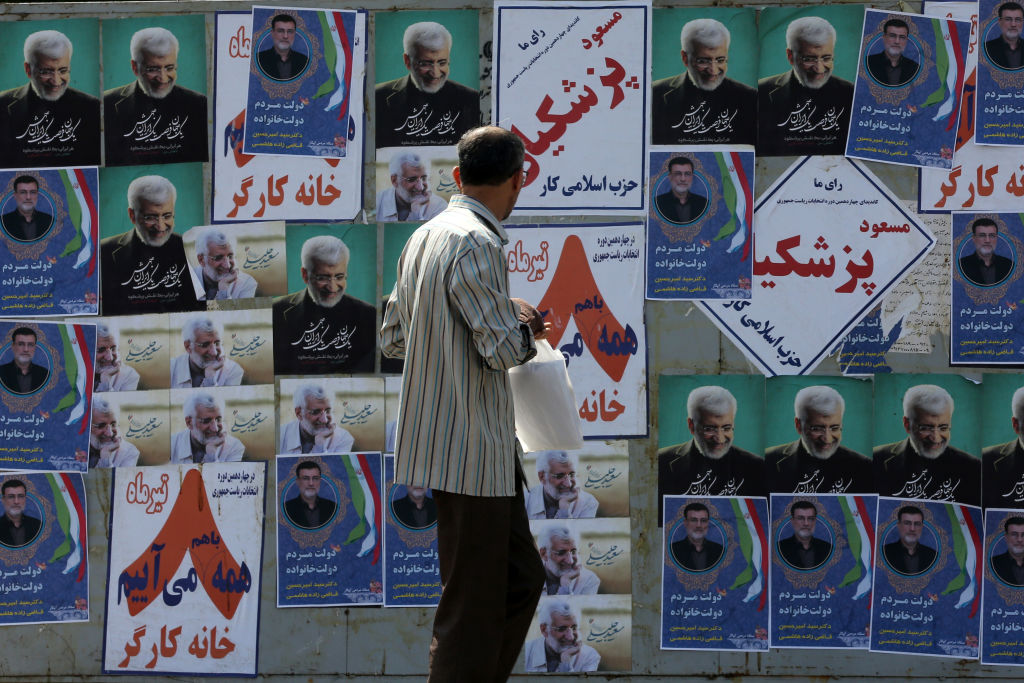SEOUL - South Korean anti-graft investigators were waiting on Jan 7 for a new court-ordered arrest warrant for impeached President Yoon Suk Yeol, whose failed martial law bid threw the country into turmoil.
The former star prosecutor has refused questioning three times over a bungled martial law decree in December, and is holed up in his residence surrounded by hundreds of guards preventing his arrest.
It is likely a new warrant will be granted by the same court that issued the first order, which expired after seven days, but investigators refused to disclose the duration of the new warrant they were seeking.
“The Joint Investigation Headquarters today refiled a warrant with the Seoul Western District Court to extend the arrest warrant for defendant Yoon,” the Corruption Investigation Office (CIO) said in a statement late on Jan 6.
“Details regarding the validity period cannot be disclosed.”
There was no comment by investigators or the Seoul court on the new warrant being approved by Jan 7 morning.
However, CIO deputy director Lee Jae-seung told reporters on Jan 7 before it was refiled that the likelihood the court would not grant an extension was “very low”.
Mr Yoon is being investigated on charges of “insurrection” and, if formally arrested and convicted, faces prison or, at worst, the death penalty. His failed martial law decree plunged South Korea into its worst political crisis in decades.
He would also become the first sitting president in South Korean history to be arrested.
His lawyers repeatedly said the initial warrant was “unlawful” and “illegal”, pledging to take further legal action against it.
South Korea’s Constitutional Court has slated Jan 14 for the start of Mr Yoon’s impeachment trial, which would proceed in his absence if he does not attend.
The court has up to 180 days to determine whether to dismiss Mr Yoon as president or restore his powers.
Former presidents Roh Moo-hyun and Park Geun-hye never appeared for their impeachment trials in 2004 and 2016 respectively.
Investigators struggled to arrest Mr Yoon because of a sizeable force of guards massed at his home to protect him.
A tense six-hour stand-off at his residence, when hundreds of his presidential security service refused to budge, forced investigators into a U-turn.
Dozens of lawmakers from Mr Yoon’s People Power Party turned up in front of his presidential residence, and police blocked roads early on Jan 6.
Many of his supporters have also camped outside his residence despite freezing weather.
However, with no warrant active on Jan 7, the scene was calmer on the streets outside, with protests appearing to lull before any further attempt to arrest Mr Yoon. AFP
Join ST's Telegram channel and get the latest breaking news delivered to you.

 By The Straits Times | Created at 2025-01-07 03:09:11 | Updated at 2025-01-08 07:12:18
1 day ago
By The Straits Times | Created at 2025-01-07 03:09:11 | Updated at 2025-01-08 07:12:18
1 day ago








